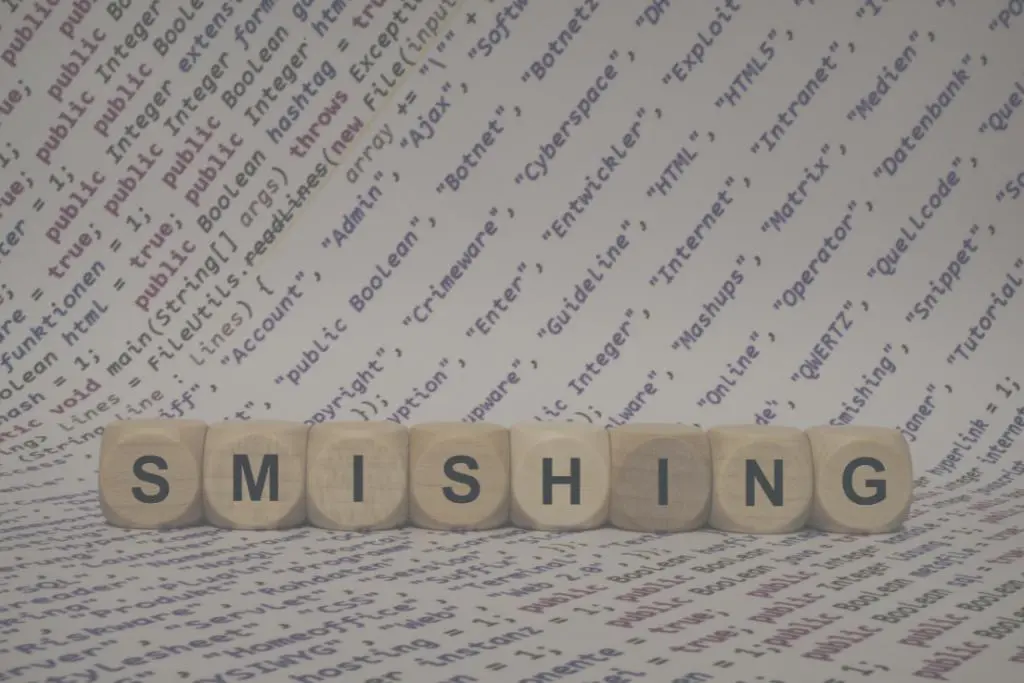In today’s rapidly evolving technological landscape, artificial intelligence (AI) is revolutionizing various industries, and human resources (HR) is no exception.
AI is transforming the way HR professionals recruit, manage, and develop talent within organizations.
This article explores the key factors driving the integration of AI in HR practices and provides real-world examples of its implementation across different HR functions.
Understanding AI in HR
Artificial intelligence, a branch of computer science that aims to create intelligent machines capable of performing tasks that typically require human intelligence, is transforming industries across the globe.
Within the realm of HR, AI is streamlining processes, reducing manual workload, and enabling HR professionals to make data-driven decisions that foster employee growth and satisfaction.
AI in HR refers to the implementation of AI-powered technologies to automate, augment, and optimize HR functions. These functions span the entire employee lifecycle, from recruitment to retirement, and include various activities such as candidate screening, employee onboarding, performance management, and talent development.

Benefits of Artificial Intelligence in Human Resources
The use of this type of technological tools within the sector is accompanied by a series of benefits that we will discuss below.
More Efficient Personnel Selection
AI has significantly simplified the personnel selection process by enabling recruiters to quickly identify the most suitable candidates for specific positions. AI algorithms analyze resumes, skills, and past experience to conduct pre-screening, saving time and resources.
Improved Employee Experience
AI has also been applied to enhance the employee experience within the company. AI-powered chatbots can respond to frequently asked questions, provide real-time assistance, and streamline internal processes, increasing employee satisfaction and productivity.
Reduced Bias in Recruitment
Unconscious biases can influence recruiters’ decision-making during the selection process. However, AI relies on objective data and eliminates these biases, leading to a fairer and more equitable candidate selection based on skills and merits.
Enhanced Candidate Selection Accuracy
Artificial intelligence can analyze vast amounts of data and patterns to identify the most suitable candidates for a position. This reduces the likelihood of making decisions based on subjective impressions and increases accuracy in selecting candidates with the most relevant skills and competencies.
Subscribe today to SMOWL’s weekly newsletter!
Discover the latest trends in eLearning, technology, and innovation, alongside experts in assessment and talent management. Stay informed about industry updates and get the information you need.
Simply fill out the form and stay up-to-date with everything relevant in our field.
Decreased Hiring Time
Traditional hiring processes can be lengthy and costly. AI automates tasks such as resume screening, interview scheduling, and candidate tracking, streamlining the entire hiring process and allowing companies to fill vacancies more quickly and efficiently.
Analysis of Employee Satisfaction and Engagement
Artificial intelligence can also measure employee satisfaction and engagement by analyzing data and detecting patterns in surveys and feedback. This provides valuable insights for employers to identify issues and areas for improvement in the work environment.
Identification of Training Needs
AI can analyze employees’ performance and skills to identify areas needing additional training. This enables companies to design personalized training programs that address each employee’s needs, improving their performance and professional development.
Reduced Bias in Performance Evaluations
Biases can influence traditional performance evaluations, leading to unfair assessments of employees. Artificial intelligence eliminates these biases by evaluating performance objectively and based on data, resulting in a more equitable and transparent evaluation process.
Early Detection of Health and Well-being Issues
AI can analyze behavioral patterns and health data to identify potential employee well-being issues. This allows companies to intervene early and support employees who may need it, improving their well-being and productivity at work.

The Impact of AI on Recruitment
One of the most time-consuming aspects of recruitment is screening a large number of resumes to identify potential candidates.
AI streamlines this process by using natural language processing and machine learning algorithms to match keywords, skills, and qualifications from job descriptions to candidate resumes. This saves time and increases the chances of identifying the right candidates efficiently.
AI can also go beyond keyword matching and analyze complex data sets to find the best candidates for specific roles.
By considering factors such as cultural fit, soft skills, and previous job performance, AI-powered systems can present HR professionals with a shortlist of highly suitable candidates.
In addition, AI-driven video interviewing tools can assess candidates’ facial expressions, voice tones, and body language to gauge their level of confidence and engagement.
This assists HR teams in making more informed decisions during the interview process.
AI-Driven Employee Onboarding and Training
AI can create personalized onboarding plans for new employees, taking into account their backgrounds, skills, and learning preferences.
This tailored approach ensures a smoother organizational transition and promotes faster productivity.
This technology also enhance learning and development initiatives by recommending relevant training modules based on individual performance, interests, and career aspirations.
This helps employees acquire new skills and stay engaged in their professional growth.
Simultaneously, AI-driven skill gap analysis enables HR professionals to identify areas where employees lack expertise and recommend targeted training programs to bridge those gaps effectively.
Performance Management and AI
AI tools can analyze employee performance data over time to provide comprehensive insights for performance reviews.
This objective data-driven approach ensures fairness and eliminates biases in the evaluation process.
In addition, AI facilitates continuous feedback loops, allowing employees to receive real-time feedback on their work and make necessary improvements promptly.
This fosters a culture of continuous improvement and employee development.
AI for Employee Engagement and Retention
AI can analyze employee feedback, surveys, and social media interactions to gauge employee sentiment and identify potential issues affecting engagement and retention.
By leveraging historical employee data, AI can predict which employees are at risk of leaving the company. HR teams can then take proactive measures to retain valuable talent.
Ensuring Ethical Use of AI in HR
Ensuring its ethical use is paramount as AI becomes more prevalent in HR practices. Companies must establish clear guidelines and governance frameworks to address potential biases and privacy concerns.
AI Adoption Challenges and How to Overcome Them
While AI presents numerous benefits, its successful integration into HR practices can face challenges such as resistance to change and data security concerns.
Companies should provide adequate training and foster a culture of openness to overcome these challenges.

The Future of AI in HR
The future of AI in HR is promising, with ongoing advancements in natural language processing, sentiment analysis, and predictive analytics. AI will continue revolutionizing HR practices, making them more efficient, data-driven, and employee-centric.
But we must not forget that as technology evolves, it is also important to consider its implementation’s ethical and social aspects to ensure responsible and beneficial use for all.
SMOWL’s proctoring plans can help you ensure that such use is always responsible and in line with your set standards.
Request a free demo from us, and you can see how SMOWL performs compared to AI tools like ChatGPT or Bard.
Download now!
8 interesting
facts
about proctoring
Discover everything you need about online proctoring in this book to know how to choose the best software.
Fill out the form and download the guide now.
And subscribe to the weekly SMOWL newsletter to get exclusive offers and promotions.
You will discover all the trends in eLearning, technology, innovation, and proctoring at the hands of evaluation and talent management experts.



